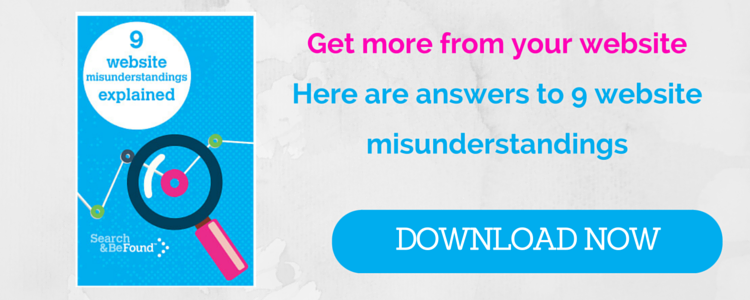
We are asked this question every single day, and it’s not just from companies being slack in redesigning their website. It’s also common from those who’ve already spent a lot of money revamping their sites.
Anytime, anywhere in society, indoors or outdoors, so many people have their heads buried into their mobile devices.
As this trend keeps climbing, the reality is more and more of these individuals become YOUR potential clients.
So what are the important things we need to consider even now, in the early stages of this monumental shift? Consider these 4 points:
- The Micro-moment
- Control of media sources
- On-demand searches
- Google statistics
1. Micro-moment
There are very few people in this world who don’t know about Google. Even if you have used Google just once in your life so far, you would be well aware how many results are produced by a single search.
Google has its own version of the old adage ‘you never get a second chance to make a first impression’.
The micro-moment. When an individual hits your website, he or she is likely to have landed on your site against hundreds of other options.
That’s a massive achievement for your SEO specialist, but once someone lands on your site you have just that short moment to engage them otherwise they can will flick over to the next option in an instant.
There is such a high level of media control sitting in the hands of each and every individual so your site must dovetail into their search habits.
2. Control of media sources
With power in the hands of the individual rather than old-school and over-priced media services such as TV, newspapers and radio, brand-power means less today because content-based information is the DNA of the internet.
Individuals don’t necessarily want to see your logo or slogan splashed around all over the place, he or she will have certain questions pertinent to a need and will look for an online answer that dovetails well into that.
They can tune you out at will as they have the power to do so. It’s now mostly down to specific, random moments when the potential buyer makes a conscious effort to ‘tune you in’ and your strategy has to be one that is ready for them.
Just have a look out your window right now. There is probably at least one person with their head buried into a Smartphone right now. Imagine if that person was looking for exactly the product or service you provide.
Would your homepage engage them so they stay or would they leave after that micro-moment passes?
3. On-Demand searches
That head buried in the Smartphone is something you see everywhere – and this social characteristic is just in its infancy!
Chiropractors would see it as a mass disaster for human posture. However, you should see it as a critical turning point for the world and a source of power for your own business.
Media is now decentralised; so much so that your own company should think of itself as a publishing company.
When you better understand this concept and how your site fits into the dynamics of a new world of search habits from your buyers, then it will be very, very clear why you have to be positioned to best cater for ‘on-demand’ searches.
Remember, your company webpages only have a moment to engage or that potential client is gone. One tiny slice of time in which you either draw their interest or lose them to the next option Google has provided.
4. Google statistics
Even if you are the most web-illiterate person, you can’t deny when Google speaks the world listens.
Google’s latest research unconditionally points towards the total imperative in operating with a website focusing strongly on people’s Smartphone habits.
And it learned this from millions of websites using Google Analytics:
A 20% increase in mobile's share of online sessions across the web in the past year
While at the same time, there has been an 18% decrease in time spent per visit across the web in the past year.
What this is saying is obvious: mobile devices are responsible for more search sessions – and these sessions are getting shorter and shorter.
More interestingly, in just the past year, mobile conversion rates have increased by a staggering 29%!
Conclusion?
Your site still needs to facilitate those making longer, more intensely researched purchases on laptops or desktops.
But ensure it is constantly being tweaked to take on board and instantly engage that growing mass of potential clients looking for you – at the drop of a hat – on their mobile phones.
Your next generation of clients wants to be informed faster than ever before. It’s all down to a micro-moment. Ensure your website can seize it.
If you like, be sure to download our free e-book which in very simple terms will unravel some of the more challening mysteries of your website.
.png?width=320&height=132&name=sbf%20powered%20by%20hubshots%20(1).png)

